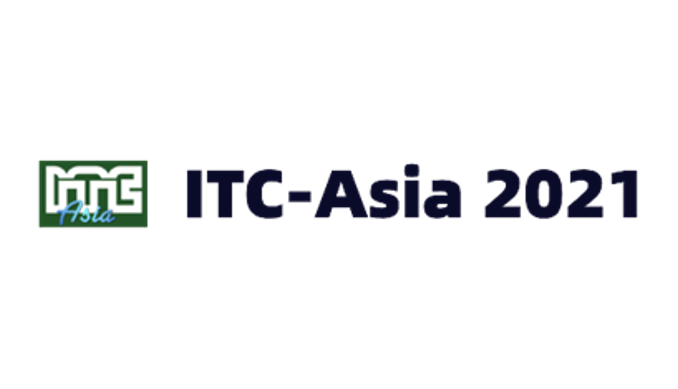Don’t miss it: Automotive Test and Reliability at ITC-Asia 2021

At the 2021 IEEE International Test Conference, Tessent experts are presenting on bringing 1149.10 to life, progress in scan test failure diagnosis, and automotive test and reliability. You can read about the first two topics here.
The Automotive Test and Reliability session, co-chaired by Ron Press, director of technology enablement in the Tessent group at Siemens Digital Industries Software, includes a presentation by Nilanjan Mukherjee titled “Combining structural and functional monitoring for improving overall safety and reliability of automotive ICs.”
Achieving safety and reliability requirements codified in the ISO 26262 (functional safety) and ISO 21434 (cybersecurity) standards is a high priority for many chipmakers. Structural testing for automotive ICs plays a crucial role, but the need for better test quality extends beyond just manufacturing test. Traditionally, stuck-at (SAF) and transition (TDF) fault models have been widely used to improve test quality. As automotive ICs are now being manufactured using the latest technology nodes, advanced fault models targeting cell-internal defects, interconnect bridges and opens, and cell neighborhood defects are being deployed to improve the overall quality of test.
For in-system monitoring, sophisticated test techniques along with redundancy for the safety-critical logic are being used to improve functional safety. In-system or in-field tests are usually run during key-on, key-off, or functional operation of the device to preemptively detect any defects and prevent system failure. More recently, the use of functional monitors has become a non-intrusive way to track the vital parameters of an IC while it is in operation, thus augmenting structural test methods and adding significant value. The addition of functional monitoring requires an infrastructure to allow for the gathering of pertinent data generated throughout the lifetime of the IC and the ability to process that data to extract meaningful information.
Mukherjee will highlight how a combination of structural and functional monitoring techniques can be used to improve the overall reliability, safety, and security of automotive ICs. He will also show how such techniques can improve the overall FMEDA metrics of a design to meet ASIL certification.



